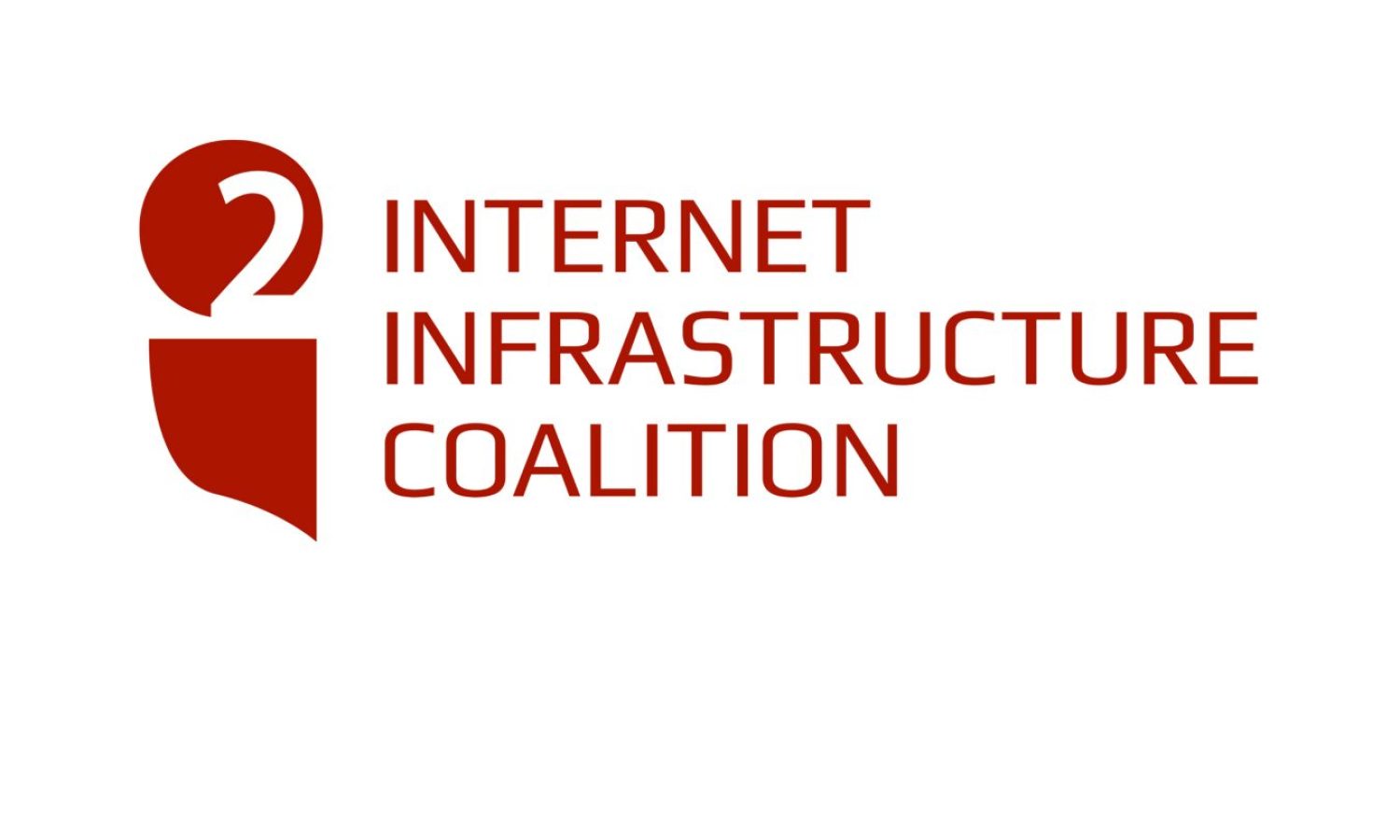i2Coalition Comments on FCC 2023 Open Internet NPRM: Protect VPNs, CDNs, Web Hosting, Data Storage and DNS Services
The United States Federal Communications Commission (FCC) is seeking to reestablish its authority over broadband Internet access service by classifying it as a telecommunications service under Title II of the Communications Act of 1934. The i2Coalition collaborated with its member companies to draft a comment advising the Commission to clarify that VPNs, CDNs, web hosting, data storage and DNS services should not be classified as broadband Internet access services (BIAS).
You can read the executive summary here, and the full comment (PDF) follows.
In the Matter of Safeguarding and Securing the Open Internet -WC Docket No. 23-320:
Comments of Internet Infrastructure Coalition (i2Coalition), Executive Summary
The Internet Infrastructure Coalition (“i2Coalition”) supports the Federal Communications Commission (“Commission” or “FCC”) proposal to reinstate enforceable, bright-line rules to prevent blocking, throttling, and paid prioritization under Title II authority. As the Commission previously concluded, certain Internet Service Providers (ISPs) “function as gatekeepers for both their end user customers who access the Internet, and for various transit providers, CDNs, and edge providers attempting to reach the broadband provider’s end-user subscribers.” The Commission was concerned that ISPs have the economic incentive and technical ability to leverage their position to anti-competitively discriminate against service providers and network providers, disadvantage edge providers, and ultimately harm consumers.3 With this in mind, we look forward to the Commission setting rules for Broadband Internet Access Service (BIAS) to ensure the Internet remains open as an engine for innovation and growth.
As the Commission moves forward, it must again make clear that certain key services that are essential to the functioning of the Internet are not BIAS. The Commission previously concluded strongly, repeatedly and correctly that virtual private network services (VPNs), content delivery networks (CDNs), web hosting services, and data storage services are not BIAS. The Commission explained that these services have historically been distinguished from “mass market” services and “do not provide the capability to receive data from all or substantially all Internet endpoints.” The Commission also rightly concluded that domain name services (DNS) are not telecommunications services when offered on a standalone basis by entities other than the provider of Internet access services, and fall under the telecommunications system management exception when offered with BIAS. Moreover, providers of these various services have different business models, and do not have the same economic incentives as some ISPs or the same technical capabilities inherent in ISP infrastructure to block, throttle, discriminate against, or otherwise harm third-party traffic.
The i2Coalition appreciates this opportunity to explain in more detail how these services work, and the current marketplace realities, in further support of the Commission’s prior conclusions. There is no legal, policy, or technical reason that would justify changing these conclusions now.
Finally, the i2Coalition emphasizes that it is not aware of any other jurisdiction in the globe that treats VPNs, CDNs, web hosting, data storage and DNS services as BIAS. If the Commission were to come to a different conclusion it would not only be aberrational, but would create significant confusion, causing a ripple effect felt across the world.
FINAL 23-320 i2Coalition COMMENTS 12.14If you are not yet a member and you would like to take part in our Tech Policy Briefing as well as our focused Working Groups, please contact us about joining the i2Coalition.

